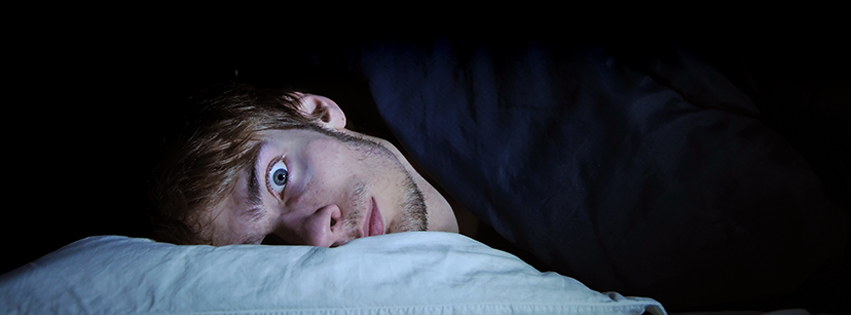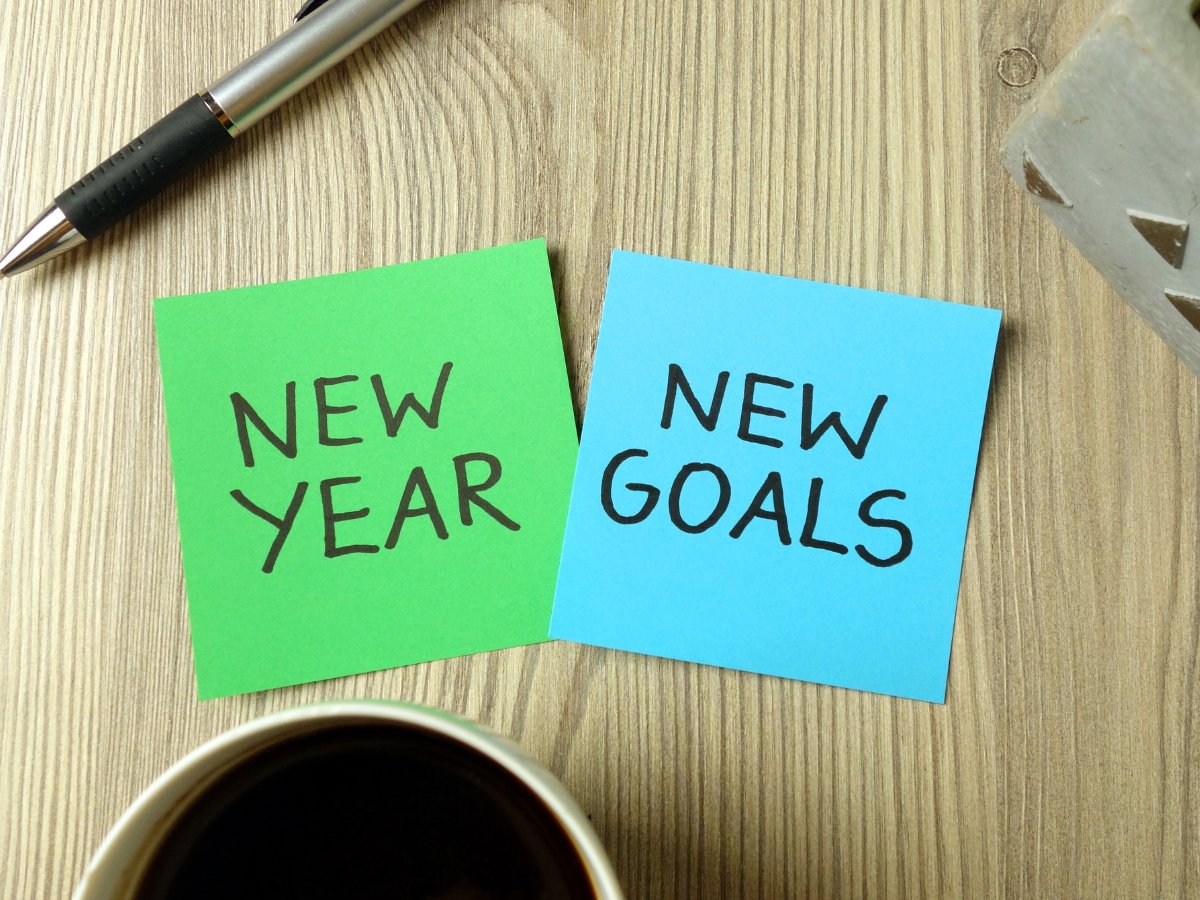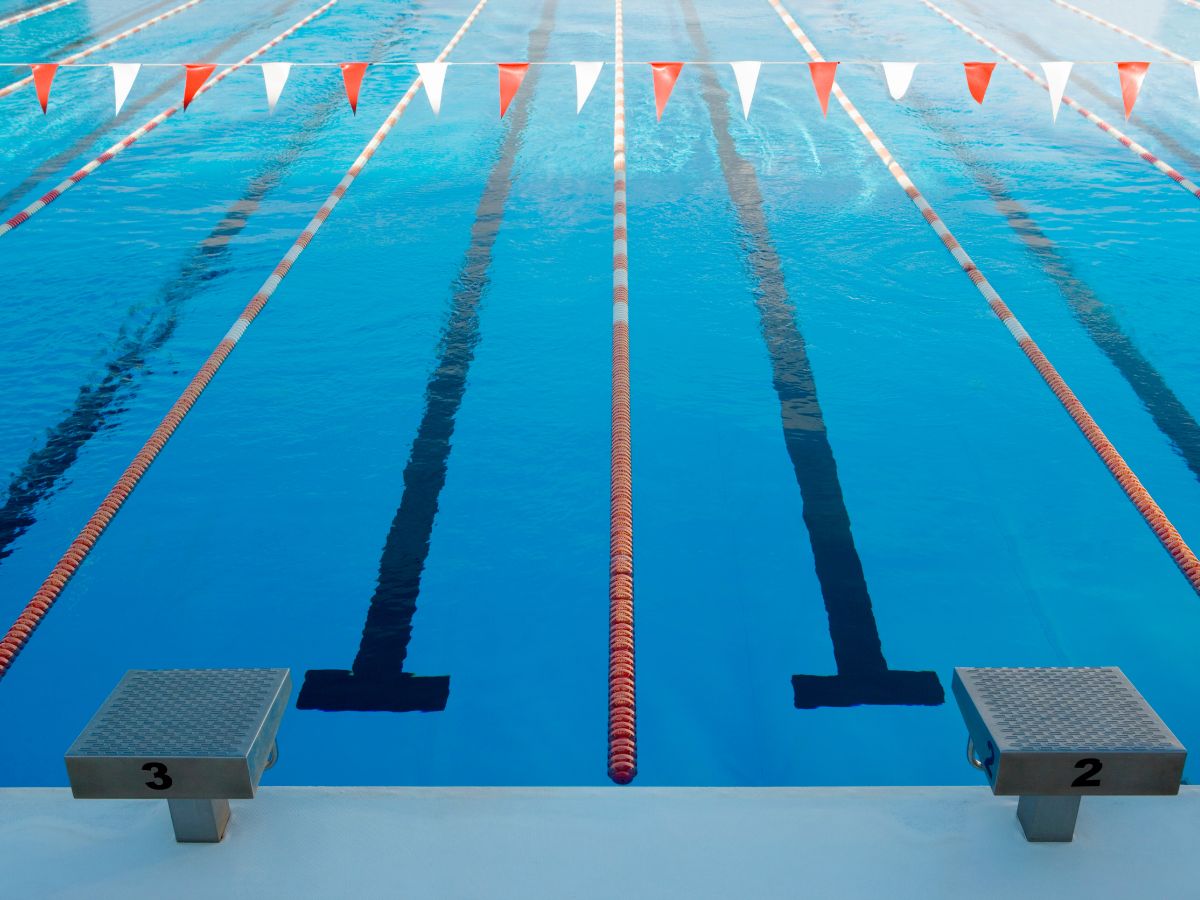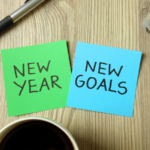Your well-being depends on sleep and the fact that you actually get some good sleep. With it, both your mental and physical health will suffer. It even jeopardizes your ability to focus. Suffice it to say that if you’re not getting enough good sleep, you’re probably not as sharp a tack as you should or could be.
Recent research even shows that when you get less than eight hours of sleep per night, you are more likely to experience anxiety and depression.
So it’s clear that getting the adequate amount of rest is a requirement and that anyone – regardless of intellectual or financial status – needs adequate sleep to function in a way that makes their company pleasant or even tolerable.
How people can get better sleep is sort of personal. Things specific to each person’s health and habits affects the amount and the quality of sleep that a person gets.
And as a business owner, you want to make sure you’re getting good sleep so that you are that sharp tack. Your business depends on your decision making, your energy and your intelligence and depriving your body of the good sleep it needs is simply providing your business with a slightly less amazing “you”.
However, there are some factors that are rather unexpected saboteurs of your sleep.
Age
This is probably one that no one wants to face but is true: age is a factor in a person’s sleep quality and quantity. As people get older, the parts of their brain that manage sleep start to – for lack of a better term – decay. This type of degradation leads to less non-REM sleep. And when you look at age as this factor, don’t think you have to be 80 for it to surface. People as young as the mid-30s can have a drop-off in their non-REM sleep.
Caffeine
One of the most obvious (and popular) sources of caffeine is coffee. Some people say that caffeine doesn’t affect their sleep. That may be true on rare occasion, but research shows that consuming caffeine does have an impact on human sleep cycles. If you consume caffeine 6 hours prior to the time you go to sleep, it will trim an hour off of the good sleep you’re actually able to get. These results can vary for older adults – actually increasing the time between consumption and sleep because our bodies process caffeine more slowly as they age.
There are health risks associated with excessive caffeine intake (6 or more 8 oz. cups of coffee per day) 3 8 oz. cups is considered moderate intake. The impact of caffeine hits you in about 15 minutes but takes more than 6 hours for even ½ of that caffeine to be eliminated from your system.
Caffeine in any amount is not recommended for children first of all because it is a stimulant, but also because it can negatively affect their nutrition. Caffeine acts as an appetite suppressant and therefore keeps them from eating the foods they need.
Caffeine is actually the most popular “drug” in the world. It’s found in more than 60 plants including the coffee bean, tea leaf, kola nut and cocoa pod. We consume this daily in coffee, tea, cocoa, chocolate, some soft drinks and in some drugs.
There is actually a Caffeine-Induced Sleep Disorder. For most adults, caffeine in moderate amounts is harmless and in some cases have some health benefits (it triggers some short-term energy and focus chemicals in the brain). However, when use of caffeine is overused, it can keep you from falling asleep, disrupt our sleep with nighttime awakenings, and decrease the overall quality of sleep you do get. When these symptoms become severely detrimental to sleep, it is designated as a psychiatric disorder called caffeine-induced sleep disorder.
Everyone’s reaction to caffeine is unique but basically, it’s important to watch the amount you ingest and the impact ingesting has on you.
Career
People who work shifts, such as doctors, and firefighters, have sleep schedules that are dictated by their work responsibilities. But there are workers in some industries that you wouldn’t expect to run into this issue. But research from the Centers for Disease Control (CDC) show that the occupational groups that have sleep troubles are communications equipment officers, transportation workers, and rail transportation workers. Maybe more because of what they do than the schedule that they keep?
Choice of toothpaste or tea
Peppermint is a prime, research-proven way to keep you alert and focused. Peppermint tea can give a fading person a boost. So it is obviously not what you want to drink before bed. Some even believe that brushing your teeth just before bed with peppermint toothpaste can interrupt sleep cycles.
Closed doors and windows
While you might think that closed doors promulgate better sleep by preventing outside noises from disturbing you, you’re wrong. Open doors and windows can actually help. They can actually reduce carbon dioxide levels in your room and carbon dioxide can adversely affect your sleep quality.
Education
Those with a college degree or higher had a much higher prevalence for healthy sleep (71.5%).
Energy Drinks
Energy drinks could be considered to serve a positive purpose – if and when used appropriately and safely. However, it’s important to know the truth about energy drinks if you intend to use them. This is about more than the caffeine – even though the amount of caffeine in energy drinks isn’t even regulated in the same way as other drinks like colas – it’s about sugar. These drinks are full of it. They are really sugar bombs waiting to destroy a good night’s sleep. And besides working against your sleep cycle, these drinks also potentially produce anxiousness, the jitters, and make you feel wired and tired at the same time.
You can get addicted to them just as you become addicted to the caffeine in coffee or soda.
Environment
Harvard research identified a correlation between rising temperatures (due to climate change) and loss of sleep. There is also evidence that air pollution (specifically nitrogen dioxide) disrupts sleep. Of course, urbanites are at the greatest risk of this since they have greater potential for being exposed to air pollution.
Full moon
2016 research shows that children, in particular, have sleep patterns disrupted by phases of the moon.
Gender
Research shows that women need more sleep than men. It’s because women use their brains in more complex ways than men do during sleep. The difference in the sleep requirement is not huge – only ranging between 15 to 20 minutes, but it is a difference worth noting.
Genetics
Doesn’t that sound like poor or good sleep is hereditary? Well, yes, it does. There is proof from scientists at the Rockefeller University in New York City that variations in a gene called CRY1 can cause people to experience differences in their circadian cycles. Our circadian cycles regulate our rhythms for when we feel tired and when we don’t.
Marital status
If you go back to the CDC research, you can also figure out how well people sleep by relationship status. People who are in a relationship get better sleep than those who are not. 67% of married people got seven or more hours per night compared to 62% who were never married and 56% who were divorced, separated or widowed.
Pets
There is Mayo Clinic research supporting the fact that there are benefits to allowing your dog to sleep in your bedroom. This is only valid if the pet has its own bed. It’s no surprise that those who allow pets to share their bed have disrupted sleep cycles.
Pillow
If your pillow doesn’t support you enough, it could lead to back, neck, and shoulder pain. This could eventually lead to trouble breathing, snoring, and can have an impact on your posture during your waking hours. A good test to see if you should replace your pillow is to see how it bounces back from being crushed or having weight placed on it. If it doesn’t return to its full form, it’s time for the pillow to go.
Technology
A National Sleep Foundation poll found that 95% of Americans use some kind of electronic device within an hour before they go to bed. There is more to it than annoying blinking lights. Using technology within that precious hour before bedtime interferes with good sleep because:
- The light from screens on electronics (netbooks and phones) can prevent your body from producing melatonin – which is the hormone that your body produces naturally in the darkness that helps regulate sleep.
- Reading news articles or playing games keeps the mind very active and makes it difficult for relaxation to occur so that your body is “ready” to fall asleep.
- Using these devices – in bed especially – brings the outside world into the “sanctuary” that your bedroom should be.
The use of technology in bed or just before bed is prevalent in teenagers. In fact, they are almost twice as likely as their parents to use something like their phones before bed. Over ½ of the teenagers in the National Sleep Foundation poll said that they text right before bed. This habit can cause those who are the worst offenders to even begin to text in their sleep.
Weekends
People who think sleeping a lot on weekends will catch them up and help them sleep better during subsequent nights are sadly mistaken. Sleeping in on Saturdays and Sundays actually disrupts sleep during the rest of the week.
Where you live
Believe it or not, where you live can dictate your sleep habits. The CDC’s research once again shows us something interesting. When looking at the sleeping rhythms of people across the United States, it was found that those in South Dakota got the most beneficial sleep, while those living in Hawaii got the worst sleep of those in all other states.
Your body
From Women’s Health and the American Sleep Association, we learn that 99% of those polled said that body issues – ranging from allergies, muscle pain, acid reflux, low blood sugar, and hunger – as well as frequent trips to the bathroom keep them up at night.
There is hope that replacing your mattress will help you to get better sleep. This will alleviate back pain and perhaps even help with reflux. You can also take a tablespoon of honey half an hour before going to bed in order to keep your stomach from growling. At all costs, avoid the midnight snack.
In the introduction to this post, we reviewed the benefits of good sleep. It’s just necessary for us to function. There is probably no one in the world that can address all of the factors that impact sleep and always get the perfect amount and quality of sleep, but sharing these factors will hopefully help you to see where you can make changes if lack of good sleep is affecting you and – in the grand scheme of things – your business.







